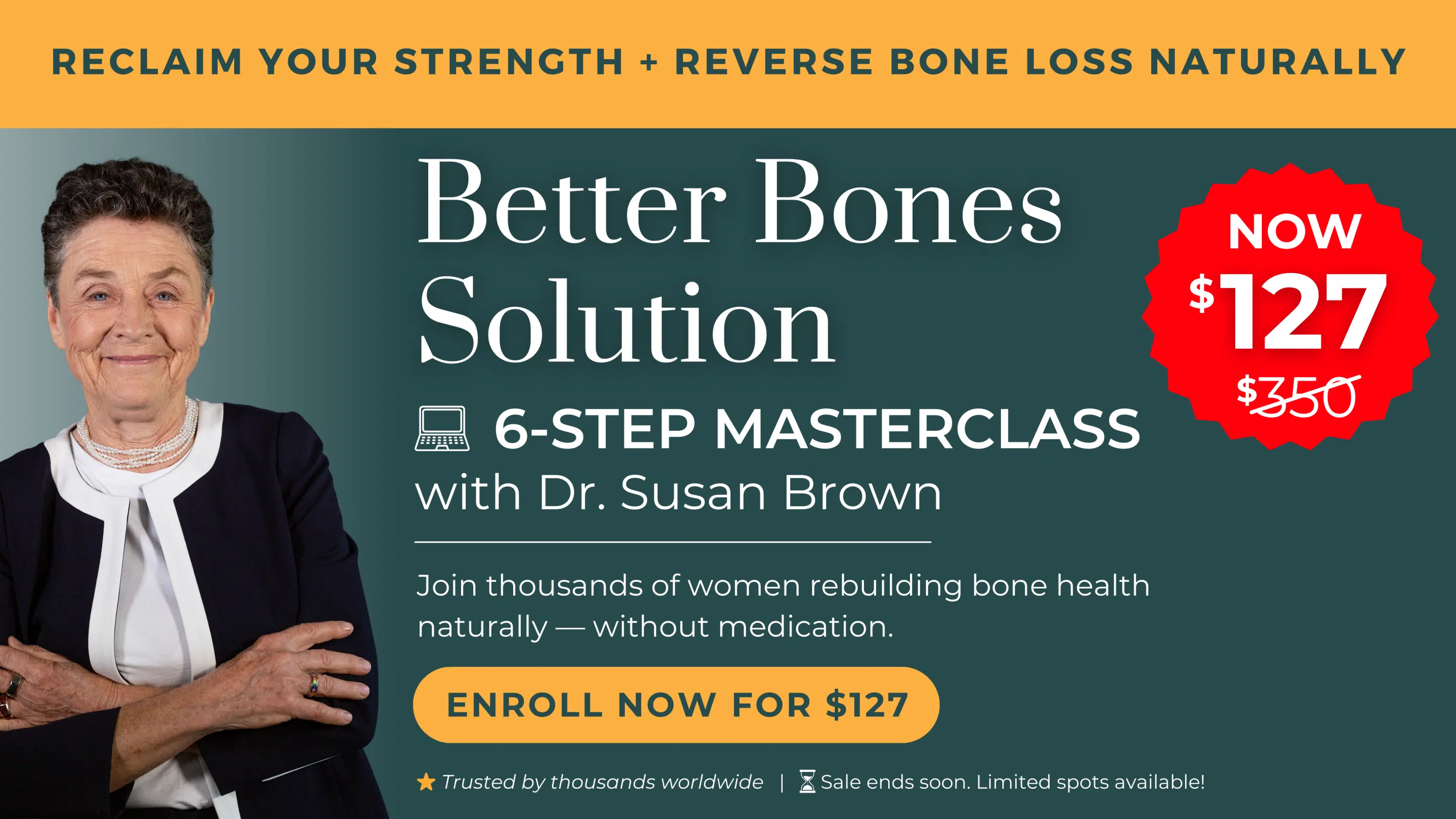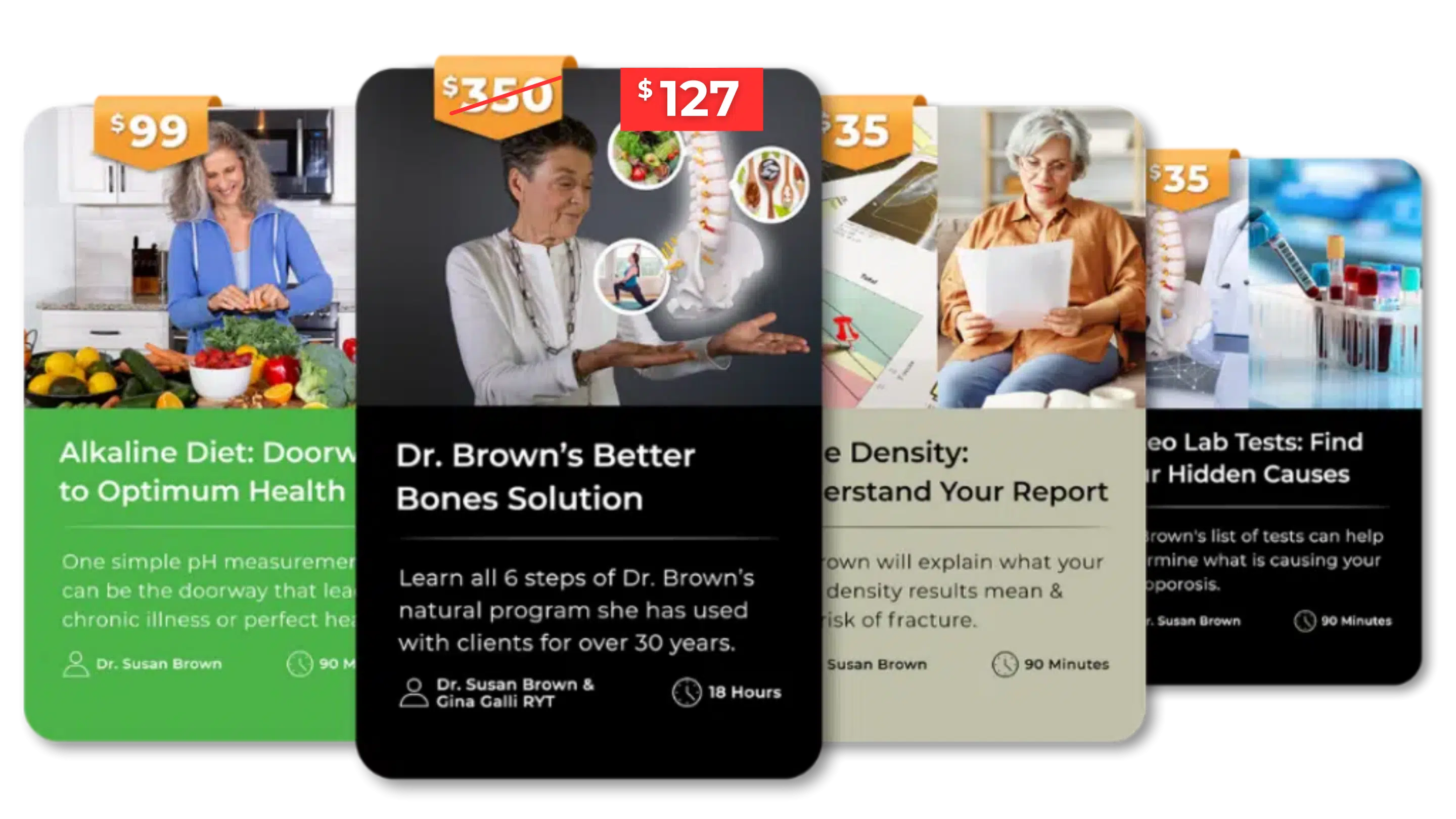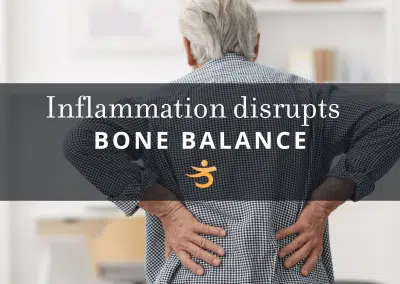
I’ve talked about how women who can’t gain weight are at heightened risk of osteoporosis and fracture. Just to quickly recap, I identified 3 basic issues that I see fairly often:
- There are those who tell me, “I eat just fine, but I just never seem to put on any weight.”
- Others say they simply don’t get hungry or don’t feel like eating, so they skip meals. Sometimes, eating makes them feel sick, so they eat less (or less often) as a result.
- Some say they eat well some of the time, but that they eat less when they’re under stress — and they’re under stress often.
The question now becomes, what can a woman do to address these issues?
For people who stay thin despite eating well, I look at 3 factors
First, are they really eating enough food on a regular basis, or is that simply their perception? While the average adult needs 2000-2500 calories, that’s an average; some people require more, but may not realize it — and gaining weight might simply be a matter of eating more nutrient-dense foods. I also recommend that underweight women supplement with the 20 key nutrients required for bone health, particularly if they’ve been thin most of their lives, so they can be sure those nutrients are available for bone strength.
Second, I’d consider whether a metabolic or endocrine issue could be at work. Hyperthyroidism, latent autoimmune diabetes in adults, and various other chronic disorders can prevent people from gaining weight, even when they eat well. Simple blood tests can generally uncover the presence of such health issues, which need to be addressed by a specialist.
Finally, I’d look at the possibility that they might not be absorbing the food they eat. Malabsorption syndromes and digestive issues like IBS or Crohn’s disease, have obvious symptoms attached — diarrhea, gas, bloating, pain — but others, such as celiac disease, can damage the GI tract and impair nutrient absorption capabilities, sometimes without causing any distinct symptoms related to the digestion. If I saw indications of poor nutrient absorption (dry, brittle hair and nails, for instance), I might suggest that a client ask for celiac or other GI testing, and we’d look very closely at how to boost the nutritional and caloric content of her food so she gets more of what she needs.
Suggestions for those who aren’t hungry
Those who don’t feel hungry or who don’t feel like eating usually have one of two problems. Either they have an imbalance in the “hunger hormones” that stimulate appetite (often associated with zinc inadequacy), or they simply are so rushed or busy that they habitually ignore their body’s signals that it needs food, to the point that they genuinely believe they’re not hungry even when they are! These folks benefit by taking time to acknowledge and understand their physiologic needs. I would do the following:
- Review their diets to make sure they are getting a full balance of fats, carbohydrates, and proteins
- Help them schedule their mealtimes, including time for pre-meal “appetizer” foods such as broth (warm liquids stimulate the appetite).
- Suggest an elimination diet or allergy testing for those who say they feel ill or uncomfortable after eating.
If anxiety or worry is prohibiting weight gain
For those who stop eating or eat less due to anxiety or stress, part of the problem is their response to anxiety and worry. For clients whose thinness is related to an anxious mind, I’d help them to learn stress-reduction techniques, and also have them focus on their intentions around eating — that is, to find ways to celebrate their meals as an affirmation of their worth. It doesn’t need to be complicated — simply saying grace before each meal, for example, can send a strong signal from the mind and spirit to the body that the food in front of you is a blessing meant to nourish you. The power of the mind should not be underestimated, and focusing it on nourishment (instead of on anxieties and worries) may be an important component of promoting healthy weight gain.
If you’re underweight, taking steps to build strong muscles, eat a nutritious diet, and reduce stress and anxiety can help you gain weight, meanwhile reducing your fracture risk. Even if the tips outlined above don’t help you to add a single pound of weight, the bone-strengthening benefits of my Better Bones approach may make the difference in staying healthy and avoiding fractures — and isn’t that what matters in the long run?








